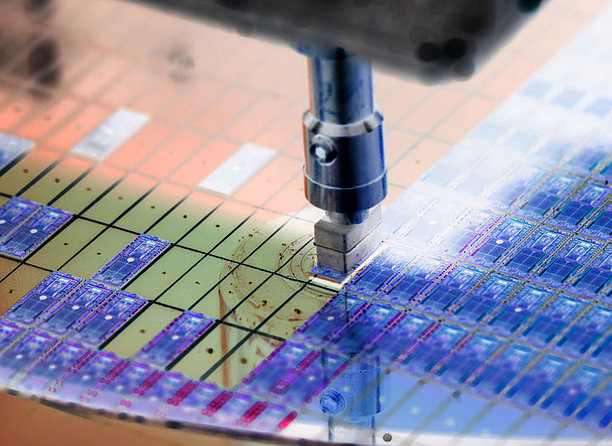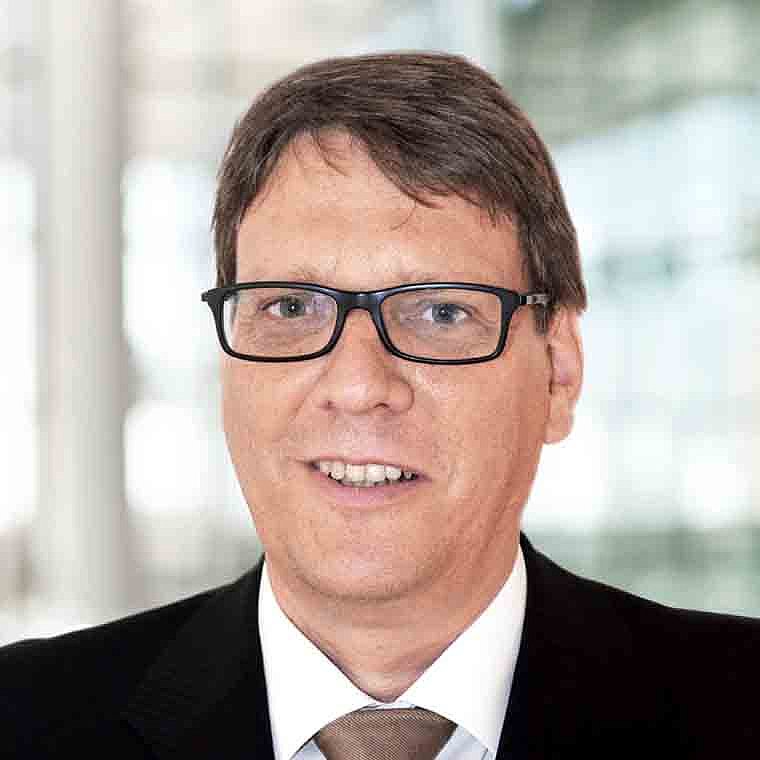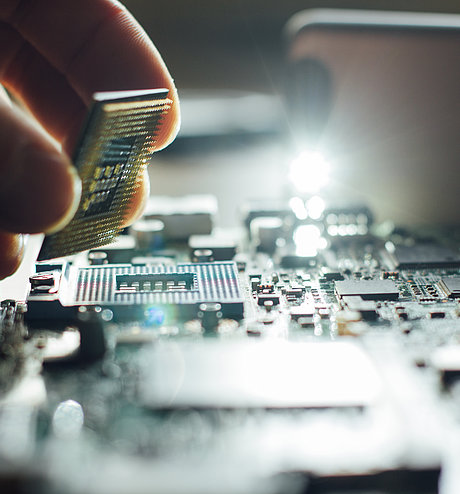Detecting ionizing radiation - Integrated microfluidic systems for analyzing liquid samples (in situ)
Ref.-No. 6102
Keywords: Ioniizing radiation, Microfluidics, In-situ analysis, PIPS detector, Semiconducor detector, Diamond Electrode
Radioactive materials emit ionizing radiation that, even in minuscule amounts, can be harmful to health and environment, and permanently damage human tissue genetic material. This is why liquid waste at hospitals, mining facilities, nuclear reprocessing plants and radioactive waste repositories require continuous, in-situ monitoring in real time. This invention, a measuring device from the Technical University of Dortmund, detects radioactive isotopes emitting alpha radiation in liquid samples. Using microfluidic components, the aqueous sample is first passed through a filtering chamber, then into the detection chamber comprising a semiconductor detector and an MEMS heater. These components are protected by a chemically inert diamond coating between 20 nm and 1 µm in thickness. With this measuring device, radioactive material in close proximity to the detector is concentrated, which significantly increases signal strength. After measurement, the detection chamber is electrochemically sanitized. With this type of device, wastewater and groundwater in particular can be tested.
Competitive Advantages
- Microfluidic measurement system
- In-situ measurement technique
- Micromechanical integration of heater with detector
- Protective diamond coating for superior reliability
Commercial Opportunities
This kind of sensor system can be used in both environmental analytics metrology and safety technology applications. TU Dortmund is especially interested in cooperating with companies who want to work together to continue to develop this technology, such as in publicly funded projects.
Current Status
An application for a patent has been submitted to the German Patent and Trademark Office (DPMA), with subsequent applications in other countries possible in the priority year or as part of a later PCT application. We are offering interested companies the opportunity to license and continue to develop this technology with the inventors at the Technical University of Dortmund.
—
An invention of TU Dortmund.



